Why we need more women in power: An interview with Mary Ann Sieghart
The reason why we need more women in power - especially older women - is that when women do get to lead, everyone’s lives improve...
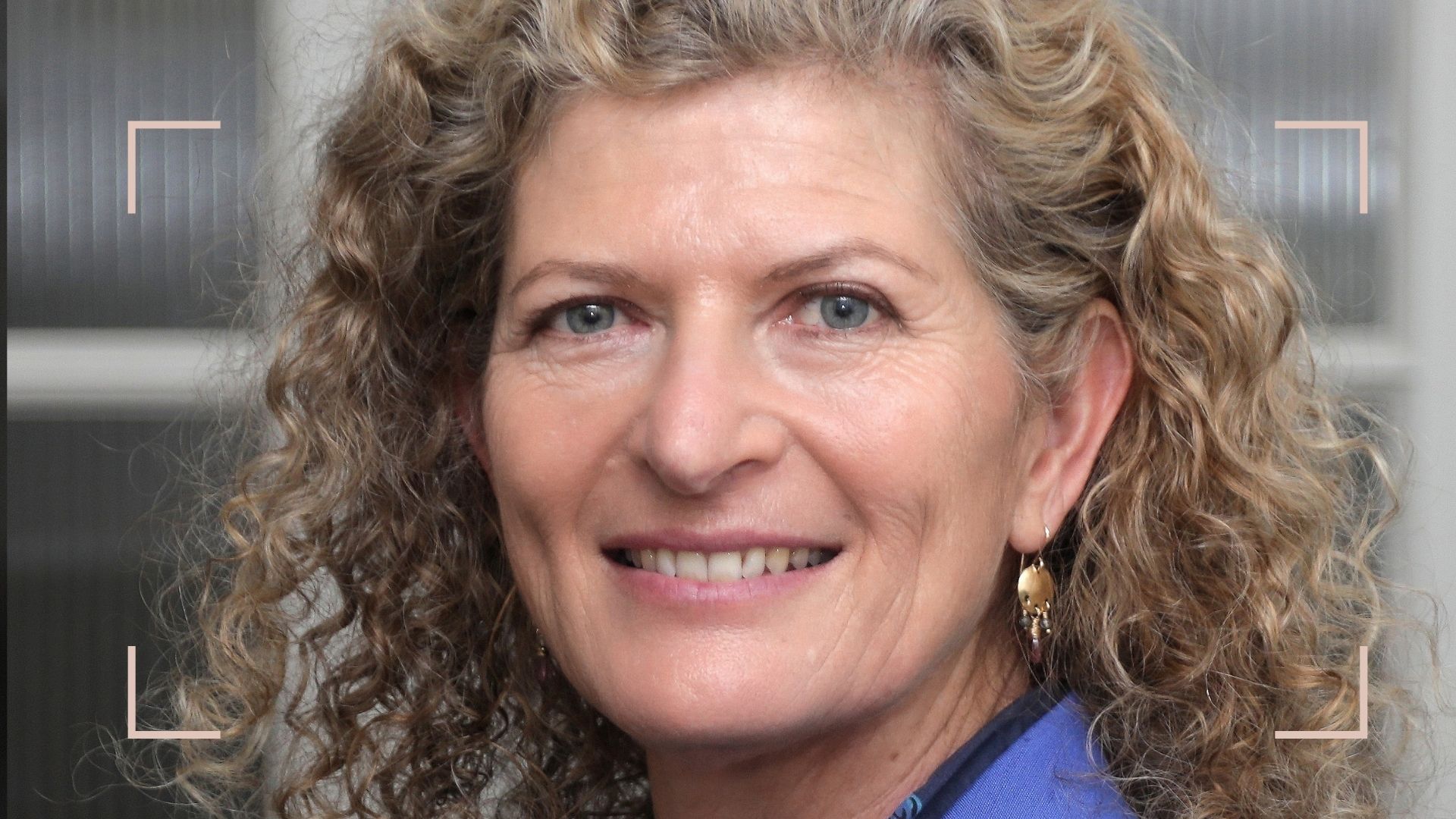
Mary Ann Sieghart, author of The Authority Gap and chair of the judges for this year's Women’s Prize for Fiction, says women are undervalued and overlooked. But the reason why we need more women in power has far reaching benefits that go beyond the basic right to gender equality.
In 1999 Mary McAleese was the president of Ireland and attended a special meeting with Pope John Paul II. As they walked towards one another, the Pope turned to McAleese’s husband, Martin, and said: “Would you not prefer to be president of Ireland rather than married to the president of Ireland?”
“We tend to underestimate women,” says Mary Ann Sieghart, who interviewed McAleese for her non-fiction book, The Authority Gap. “We often patronise them. We interrupt them. Talk over them. Don’t listen to what they're saying, not as attentively as we do to men. We are more reluctant to be influenced by their views than man’s views. We are more likely to challenge their authority and often resist them being in authority over us.”
Sieghart has become an expert on society’s perceptions of women and power. A journalist, formerly assistant editor at The Times, she researched and wrote The Authority Gap, published in 2021. The book contains everything from the findings of large-scale academic research to interviews with highly successful women, including Hillary Clinton; head of the European Central Bank, Christine Lagarde, and Booker Prize-winning novelist Bernadine Evaristo. The findings are infuriating. Sieghart’s work shows, again and again, that despite more than a century of women fighting for equality, we are still held back by unconscious bias.
“What The Authority Gap measures is the difference between how seriously we take women and how seriously we take men,” says Sieghart. “We’re still more reluctant to accord authority to women than to men. We tend to assume a man knows what he's talking about until he proves otherwise. Whereas for a woman, it's all too often the other way round.”
"We tend to assume a man knows what he's talking about until he proves otherwise. Whereas for a woman, it's all too often the other way round."
Mary Ann Sieghart
One of the most compelling pieces of proof, she says, is to look at the experiences of transgender people. Sieghart points to the case of two science professors at Stanford University in California, who were both transitioning. One was neuroscientist Ben Barres, who transitioned from female to male and realised that, as a result, he was taken more seriously. After a seminar he heard another academic say: “Ben Barres gave a great seminar today, but then his work is so much better than his sister’s.” The sister was Ben, prior to transitioning. At the same time, fellow professor Joan Roughgarden was transitioning from male to female. “It was like being on a conveyer belt,” she told Sieghart. “The career track is set up for young men.” But, as she started to live as a woman, she found that her pay dropped, she lost her seat on committees and found it harder to win grant funding. The experiences of the two professors, says Sieghart, are backed up by wider studies of people who have transitioned.
Sieghart isn’t short of evidence. “Look at interruptions,” she says. “Firstly it suggests that the person interrupting, and it is usually a man, has something more interesting to say. Secondly, it literally silences the speaker.” She talks of a recent US study recording how frequently Supreme Court Justices were interrupted during proceedings. The female judges were four times more likely to be interrupted than their male colleagues and 96% of the time those interruptions were made by men.
And why does this happen? “Well, a millennia of patriarchy, I’m afraid. For all that time we’ve been taught that men are superior to women… But all the science shows that women are every bit as intelligent and as competent as men. The objective evidence shows that male superiority is just incorrect, unless it comes to upper body strength.” The only way forward, she says, is for us all to think rationally and-collectively and individually-attempt to overcome our unconscious bias. “This thinking is very deeply entrenched in women too,” she says. “Because we have all grown up in a world where men are basically still in charge. We’ve got to civilise our reptilian brains, the part of us that makes instant decisions.”
"All the science shows that women are every bit as intelligent and as competent as men."
Mary Ann Sieghart
As a woman with knowledge and experience, this can make you spit with anger. Most of us know how it feels to be ignored, underestimated, told to calm down, dear, to get back in the kitchen.
Why we need more women in power
When women do lead, great things can happen. And the benefits are felt by everyone, not just the individual women who have reached the top of the tree.
“By making better use of the skills of women, we end up with a better and more competent world,” says Sieghart. “Otherwise, we're missing out on an enormous reservoir of talent and intelligence.”
She continues: “obviously leadership skills are distributed throughout the population, so you have to look at general trends. But studies show that, on average, women do make slightly better leaders.”
There’s a perfect example of this from recent times, where research conducted by the Centre for Economic Policy Research and the World Economic Forum showed countries with female leaders coped “systematically and significantly better” with Covid-19. Germany under Angela Merkel, New Zealand under Jacinda Ardern, Denmark with Mette Frederiksen, Taiwan with Tsai Ing-wen and Finland under Sanna Marin all had fewer deaths as a percentage of the population.
“When there are workplace studies, subordinates tend to rate their female leaders more highly, whereas male managers rate themselves more highly,” says Sieghart. She also points to studies that show women’s success is beneficial to men, too. This manifests in practical ways, such as getting to see more of their children, and in emotional ones: men living in a more equal landscape were twice as likely to say they were satisfied with their lives and half as likely to be depressed.
And what happens as women get older and more skilled?
“Well, there is the issue that as women become middle-aged, they can become almost invisible to men, or slightly written off. That jaw-dropping story about Mary McAleese and the Pope shows discrimination happens at every level.”
“But there are countervailing influences. As you get older, you are more experienced, you have proved your competence. By the time a person has built up enough skills to be a leader they are generally in their late 30s, if not older. Of the women I interviewed for the book, many said ‘oh once I was Prime Minister or CEO then everything was fine’.”
Additionally, the presence of older women at the top of organisations and positions of influence has a direct effect on younger women in terms of applying for jobs and creating new ambitions. And every time the attendant benefits get stronger. “We must stop mistaking confidence for competence,” says Sieghart.
Elevating skilled, experienced women is better for the whole world. It’s time to believe in ourselves, our contemporaries, our daughters. It’s time to close the authority gap.
Mary Ann Sieghart is the chair of the judges of The Women’s Prize for Fiction 2022. The Prize’s shortlist will be announced on 27 April and the winner on 15 June.
Sign up for the woman&home newsletter
Sign up to our free daily email for the latest royal and entertainment news, interesting opinion, expert advice on styling and beauty trends, and no-nonsense guides to the health and wellness questions you want answered.
Anna is an award-winning journalist with over 20 years experience as a writer and editor. The former Associate Editor of Stylist Magazine, Anna has also written for Elle, The Guardian, British Vogue and the New Statesman.
A self-confessed bibliophile, Anna has hosted live literature events and workshops and is also the host of new author recommendations podcast @readlikeapod.
-
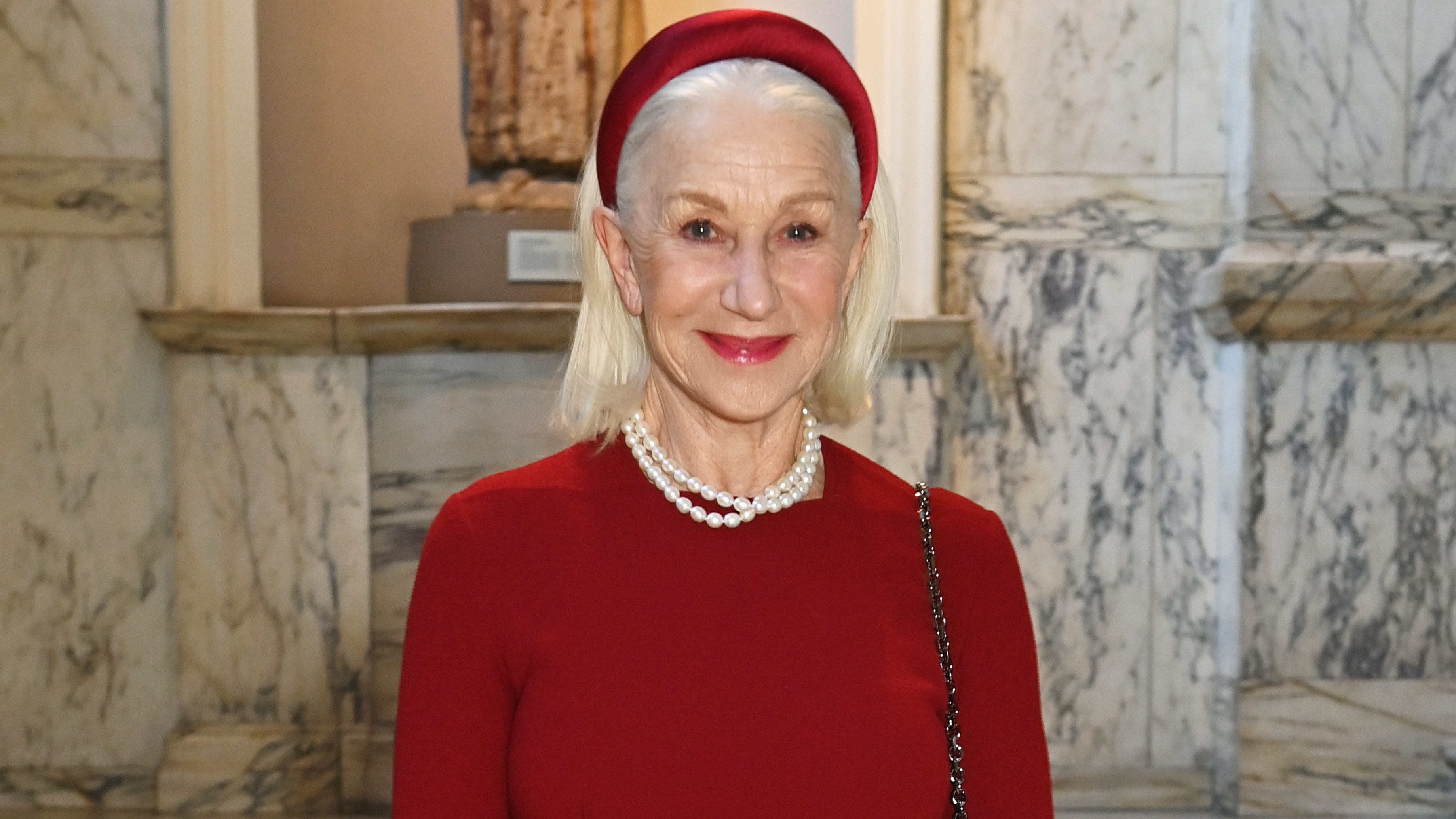 Helen Mirren's go-to accessory is a royal favourite that makes your outfit wedding season ready
Helen Mirren's go-to accessory is a royal favourite that makes your outfit wedding season readyIf there’s one accessory we associate with Dame Helen Mirren it surely has to be this - and it’s the perfect piece for special occasions.
By Emma Shacklock
-
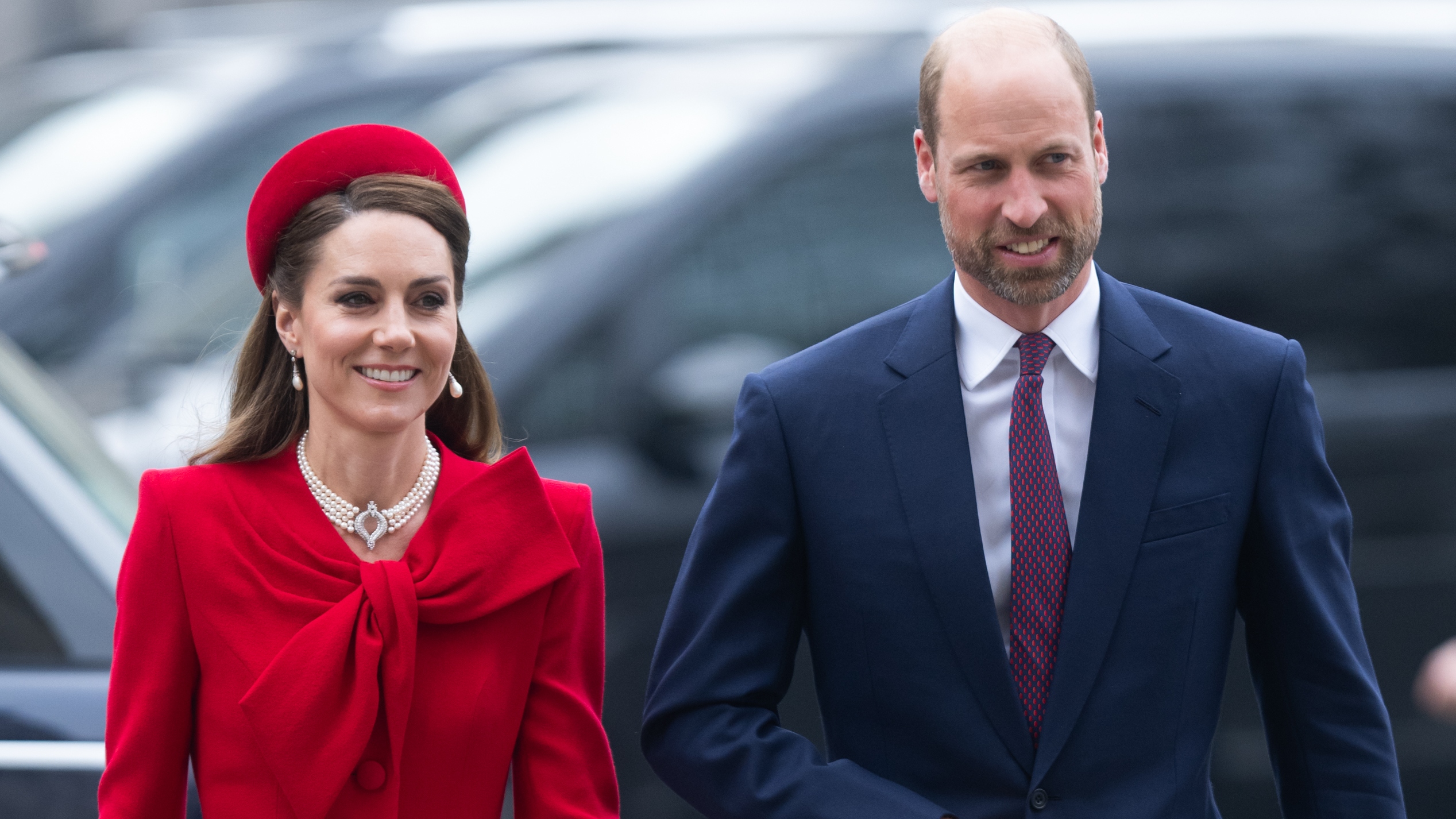 Kate Middleton and Prince William to spend anniversary in bittersweet location holding 'happiest and saddest' memories
Kate Middleton and Prince William to spend anniversary in bittersweet location holding 'happiest and saddest' memoriesJust like King Charles and Queen Camilla, the Prince and Princess of Wales will mark their wedding anniversary away from home this year.
By Emma Shacklock
-
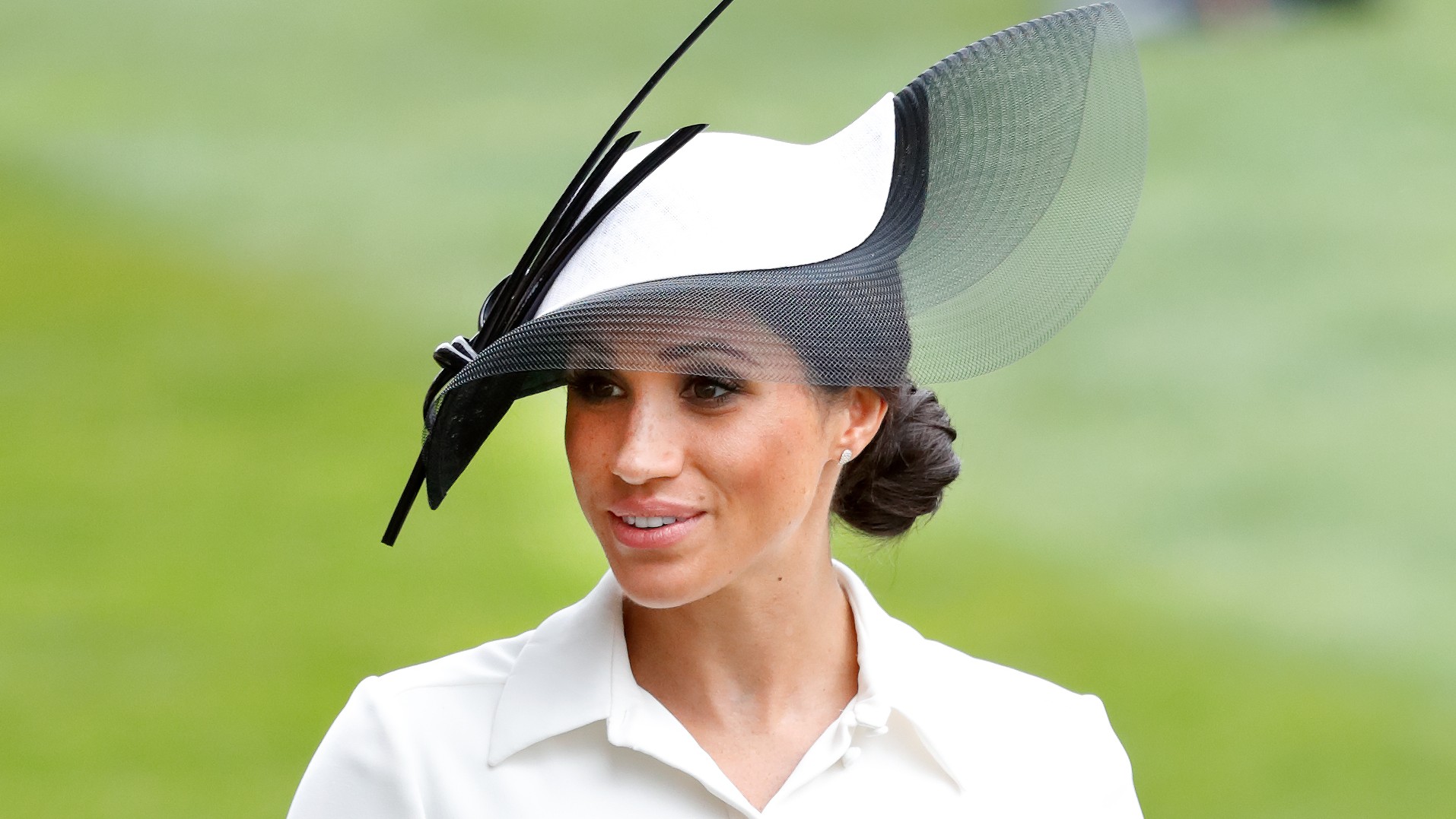 40 of Meghan Markle's most stylish moments from life before Harry to regal fashion
40 of Meghan Markle's most stylish moments from life before Harry to regal fashionMeghan Markle’s style is the epitome of elegance—here we share some of our all-time favorite royal looks
By Emma Shacklock
-
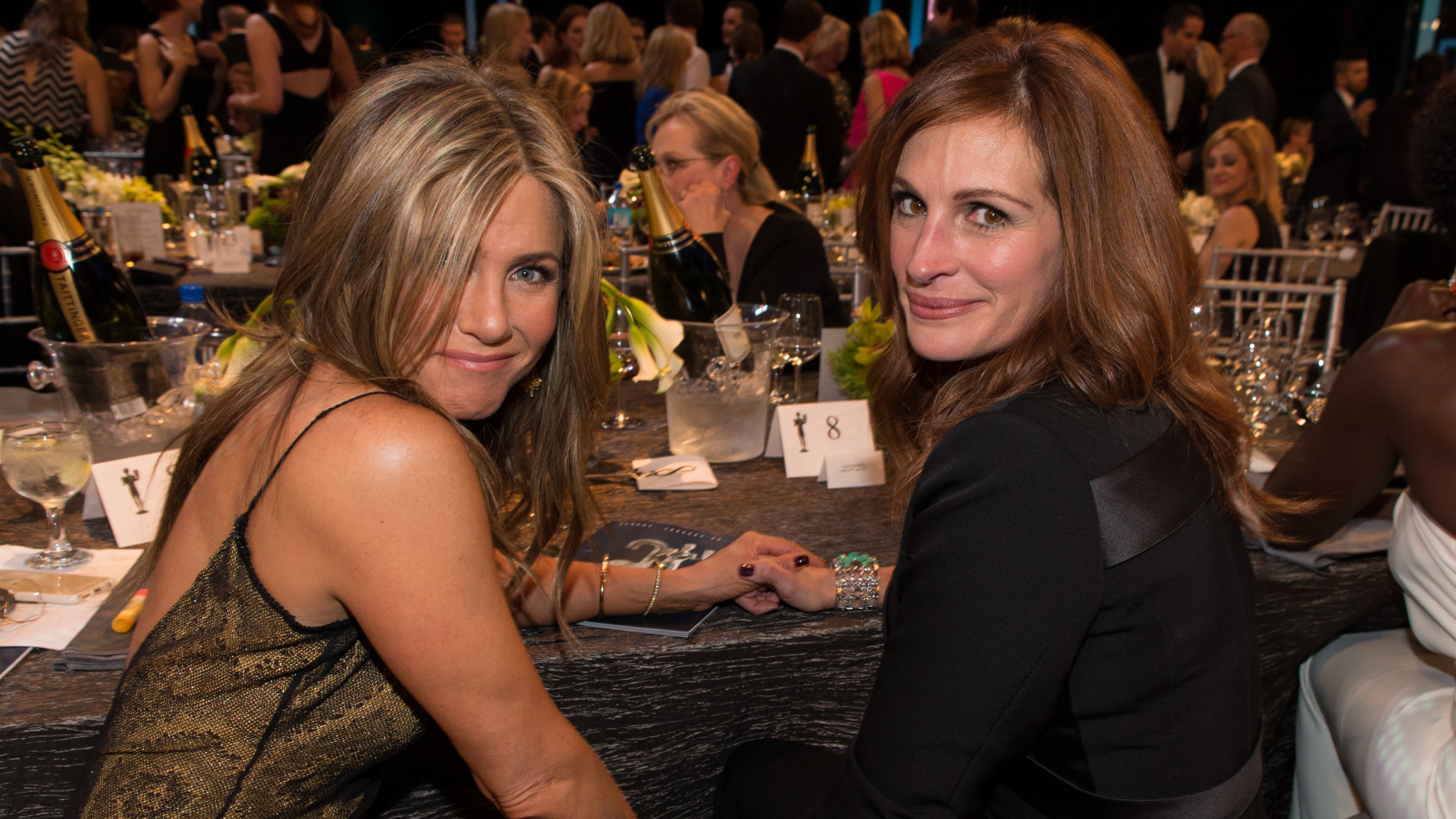 This is not a drill: Julia Roberts and Jennifer Aniston will star in a body swap comedy a la Freaky Friday
This is not a drill: Julia Roberts and Jennifer Aniston will star in a body swap comedy a la Freaky FridayThe comedy film we never knew we needed is reportedly in the works starring the amazing Julia Roberts and Jennifer Aniston
By Anna Rahmanan
-
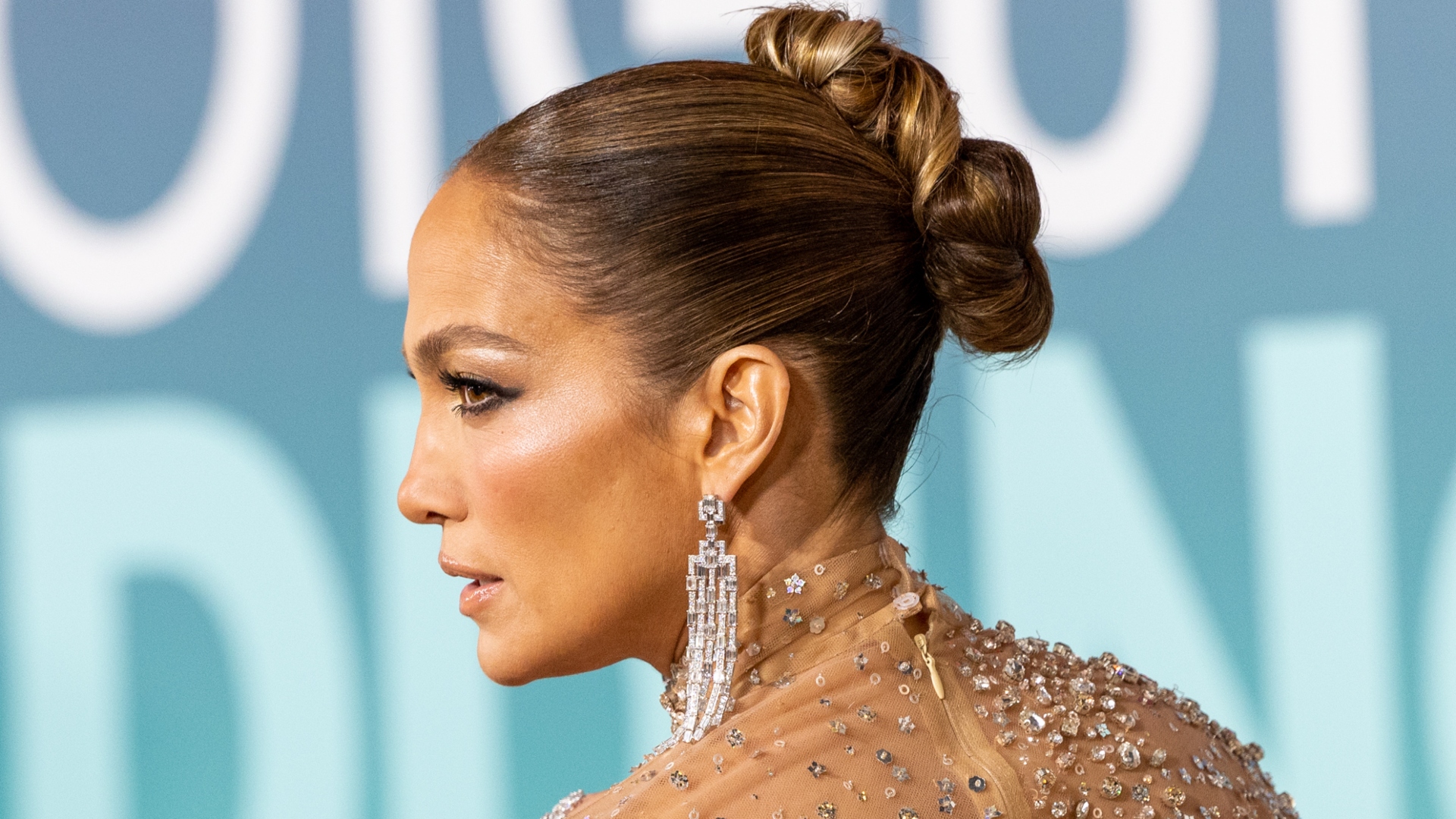 Jennifer Lopez's see-through dress has an unexpected surprise underneath
Jennifer Lopez's see-through dress has an unexpected surprise underneathJennifer Lopez's see-through dress stunned on the red carpet, with its long train and sparkles for days - but what was going on beneath it?!
By Aoife Hanna
-
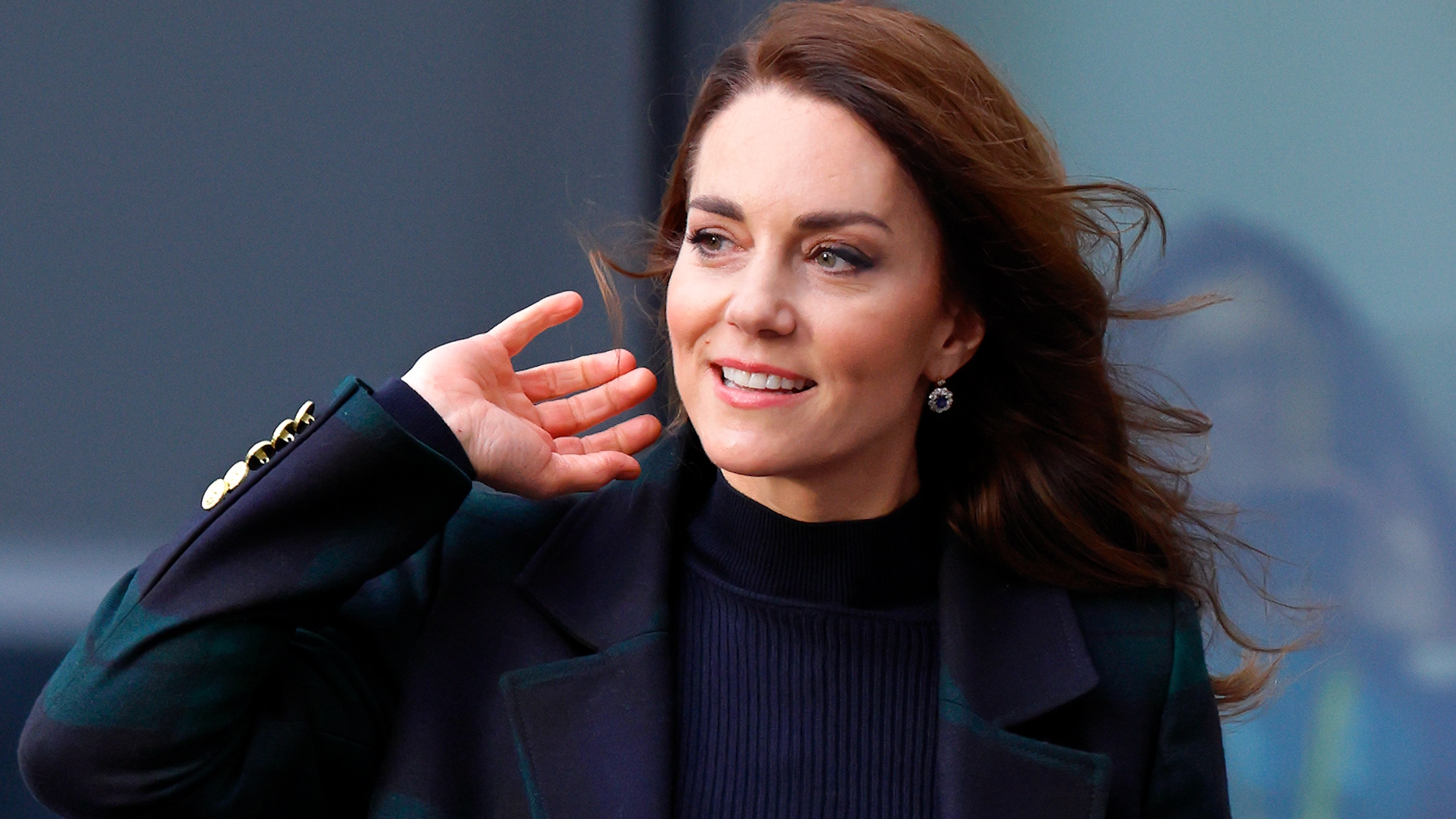 We bet you can recreate Kate Middleton's new go-to outfit with items already in your closet
We bet you can recreate Kate Middleton's new go-to outfit with items already in your closetKate Middleton's new go-to outfit is the ultimate chic look for chilly weather
By Caitlin Elliott
-
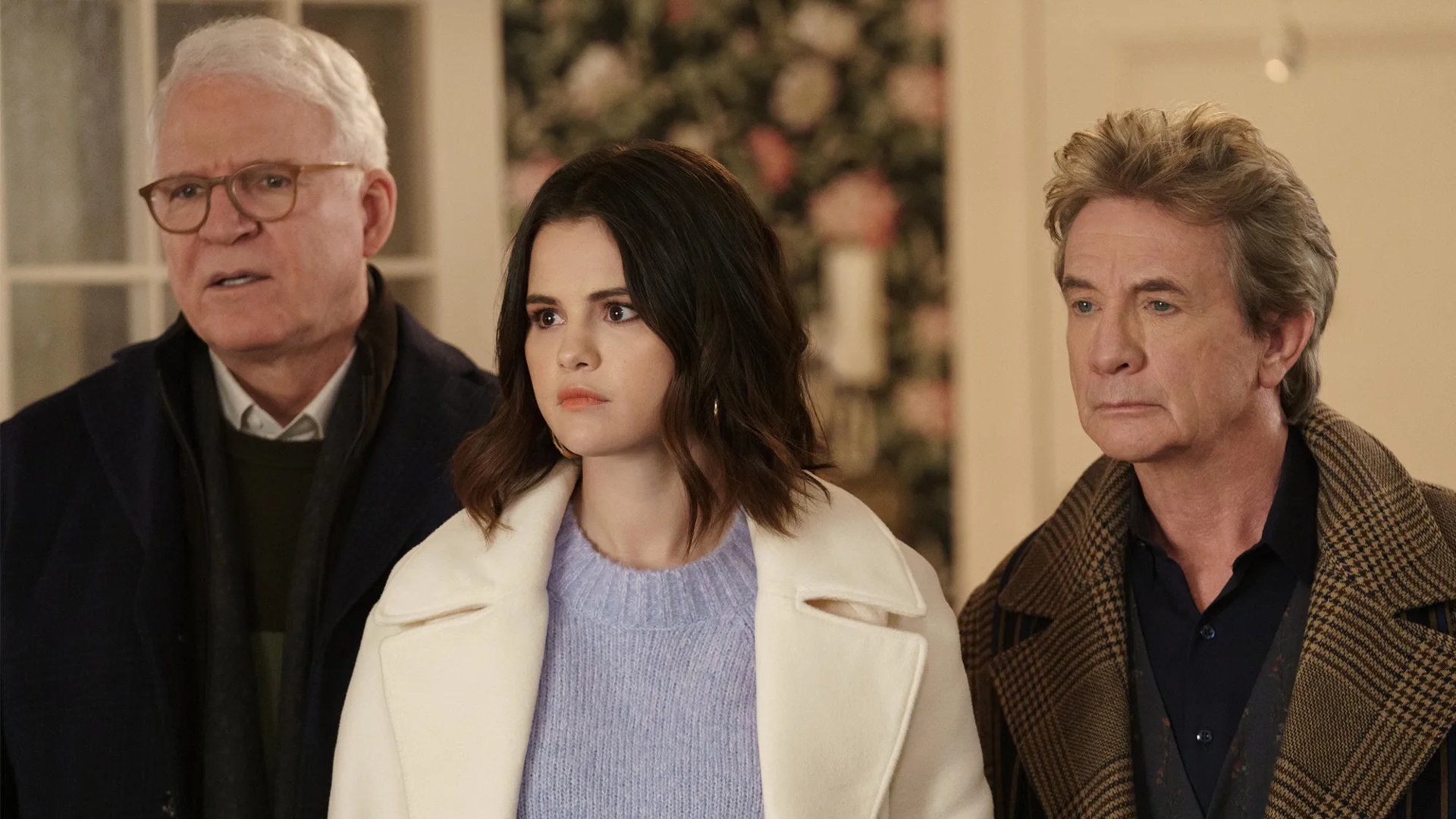 Meryl Streep and Paul Rudd revealed as latest cast members of hit TV series in HILARIOUS TikTok
Meryl Streep and Paul Rudd revealed as latest cast members of hit TV series in HILARIOUS TikTokMeryl Streep and Paul Rudd are joining the third season of one of the hottest crime dramedies around, alongside old A-list pals
By Aoife Hanna
-
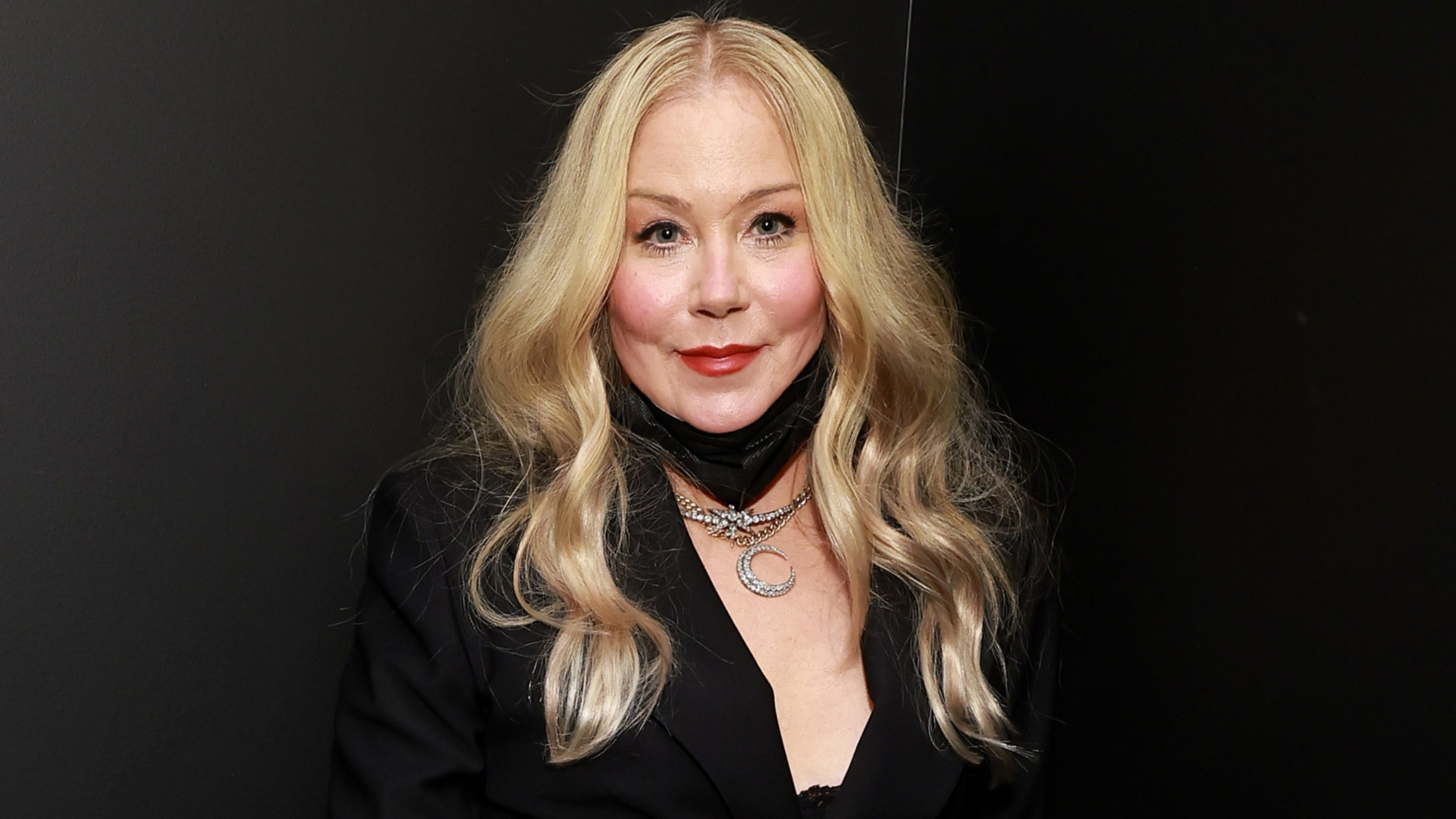 Christina Applegate pays tribute to Dead To Me with fun manicure at Critics Choice Awards as actor's MS battle rages on
Christina Applegate pays tribute to Dead To Me with fun manicure at Critics Choice Awards as actor's MS battle rages onChristina Applegate's manicure tribute to Dead To Me as actor rubs shoulders with A-listers at first awards ceremony since MS diagnosis
By Aoife Hanna
-
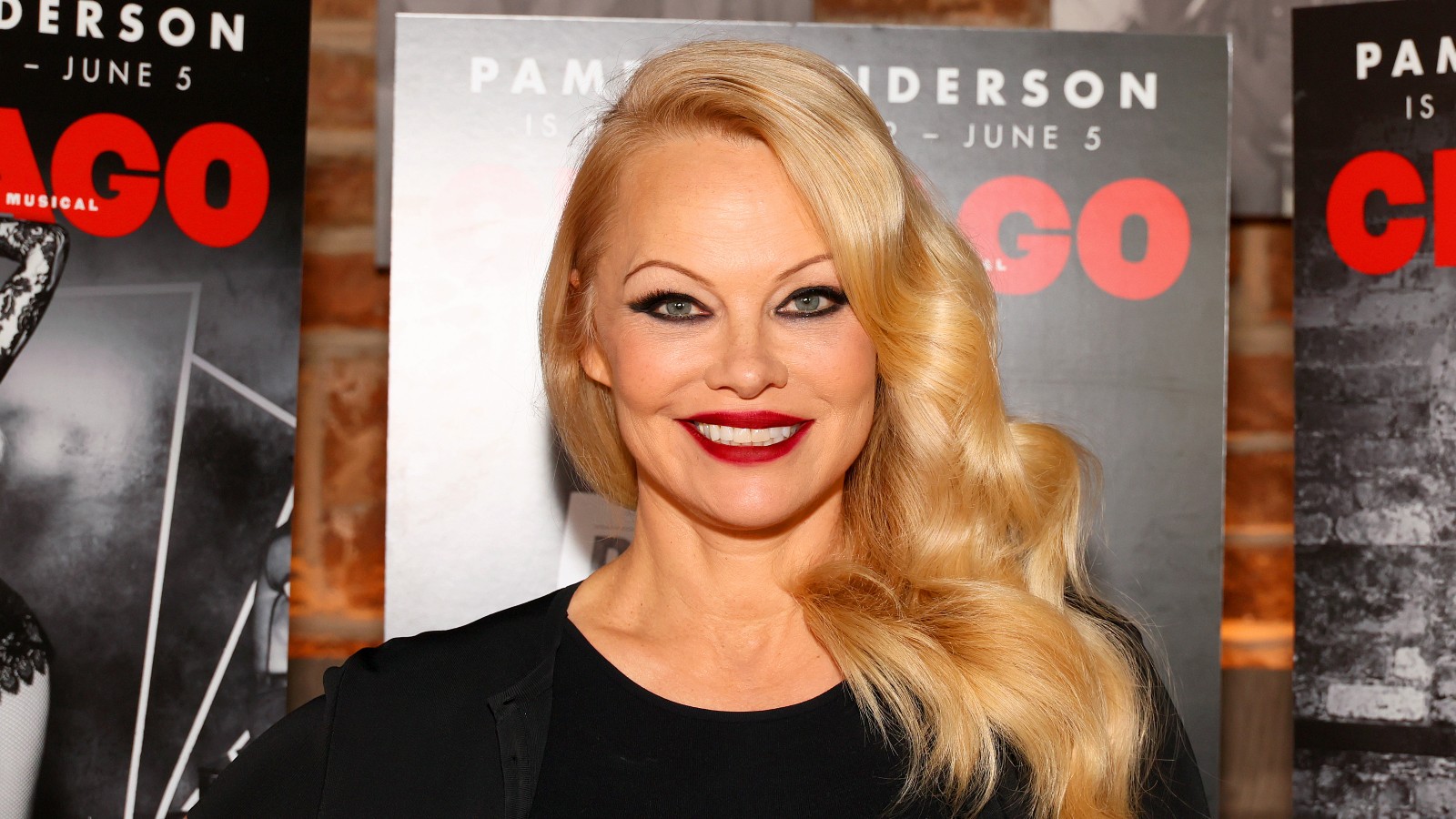 Pamela Anderson Netflix documentary: when is it premiering and what is it about
Pamela Anderson Netflix documentary: when is it premiering and what is it aboutIn the first trailer for the Netflix tell-all Pamela, A Love Story, Pamela Anderson addresses the Hulu show Pam & Tommy
By Anna Rahmanan
-
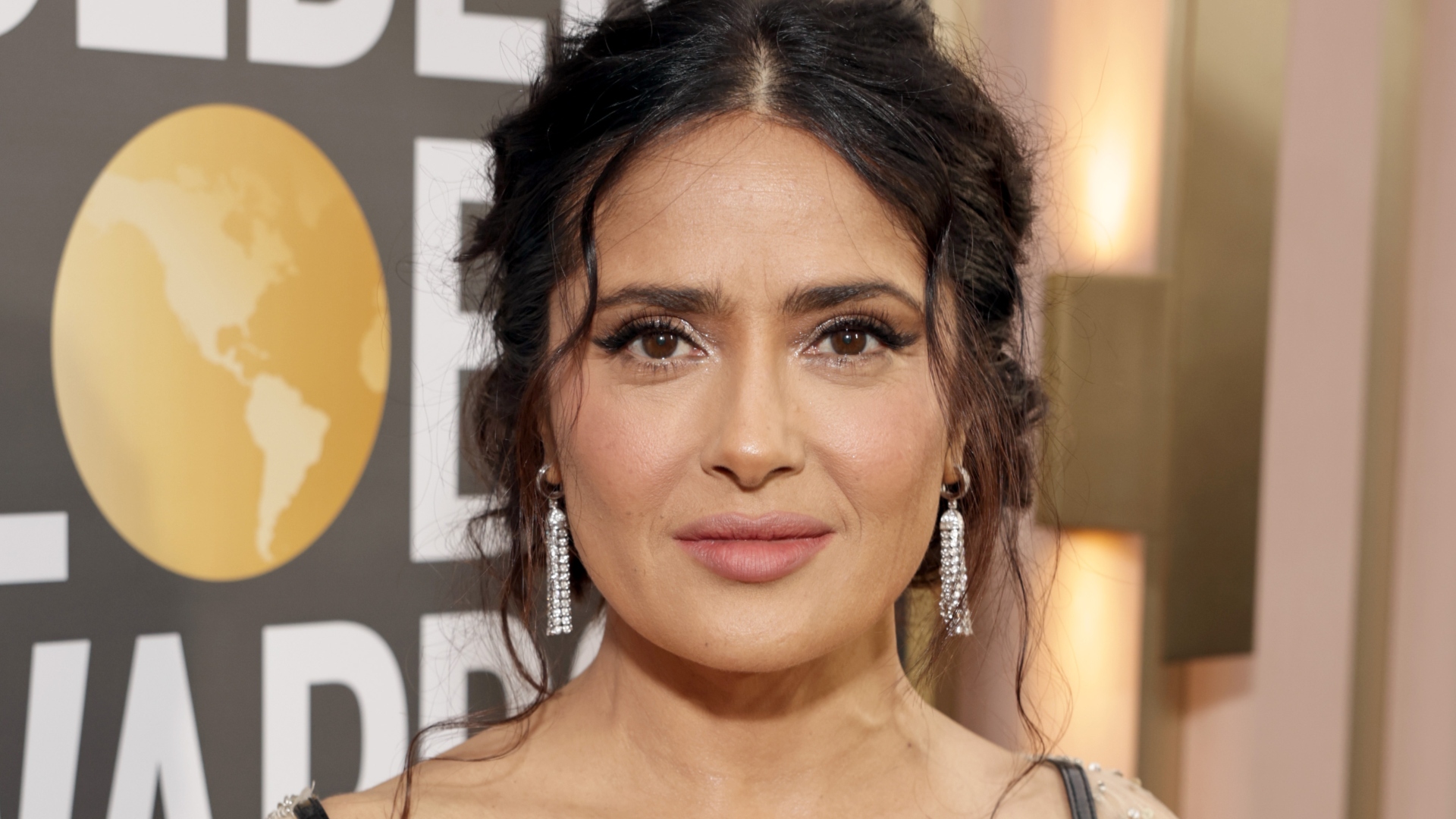 We're obsessed with Salma Hayek's Golden Globes corseted Gucci gown as the actor proves her style icon status once again
We're obsessed with Salma Hayek's Golden Globes corseted Gucci gown as the actor proves her style icon status once againSalma Hayek's Golden Globes dress is a nude, beaded number that hugs in all the right places but we just CAN'T get over the corseted back
By Aoife Hanna